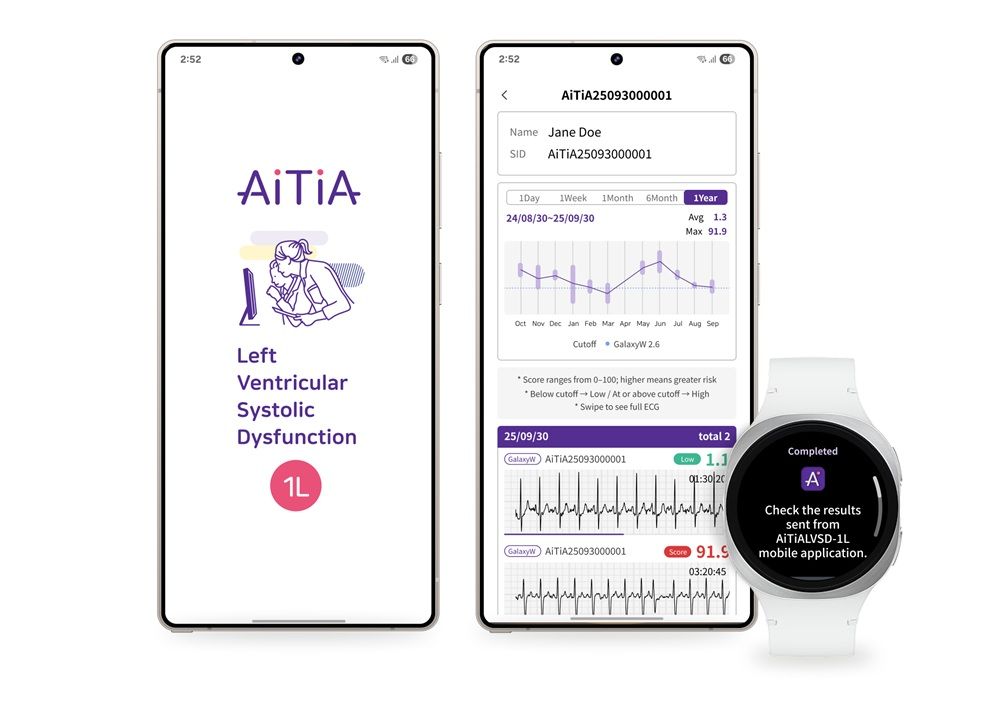Wikimedia Deutschland just launched the Wikidata Embedding Project, a new database that transforms Wikipedia's 120 million entries into AI-readable format. The system uses vector-based semantic search to help AI models understand relationships between concepts, marking a significant shift in how the world's largest encyclopedia serves artificial intelligence development.
Wikimedia Deutschland just dropped something that could reshape how AI models learn from human knowledge. The nonprofit announced Wednesday its Wikidata Embedding Project - a database that transforms Wikipedia's massive trove of information into something AI systems can actually understand and use effectively.
The timing couldn't be better. As AI companies scramble for high-quality training data and face mounting legal costs - Anthropic agreed to pay $1.5 billion in August to settle book copyright claims - Wikipedia's verified, editor-curated content suddenly looks like gold.
What makes this different from Wikipedia's existing machine-readable tools? Everything. The old system only handled keyword searches and SPARQL queries, a specialized language that required technical expertise. This new approach uses vector-based semantic search, meaning AI models can ask questions in natural language and get contextually rich answers.
"This Embedding Project launch shows that powerful AI doesn't have to be controlled by a handful of companies," Wikidata AI project manager Philippe Saadé told reporters. "It can be open, collaborative, and built to serve everyone."
The technical implementation reveals the project's sophistication. Built in collaboration with neural search company Jina.AI and IBM-owned DataStax, the system doesn't just return raw data - it provides semantic context that helps AI understand relationships and meaning.
Query the database for "scientist," and you won't just get a definition. The system returns lists of prominent nuclear scientists, researchers who worked at Bell Labs, translations into multiple languages, Wikimedia-approved images of scientists at work, and related concepts like "researcher" and "scholar." It's like having a research assistant who understands not just what you asked for, but what you probably want to know next.
The project also supports the Model Context Protocol (MCP), a standard that helps AI systems communicate more effectively with data sources. This integration makes the Wikipedia data particularly useful for retrieval-augmented generation (RAG) systems - AI models that pull in external information to ground their responses in verified facts.












